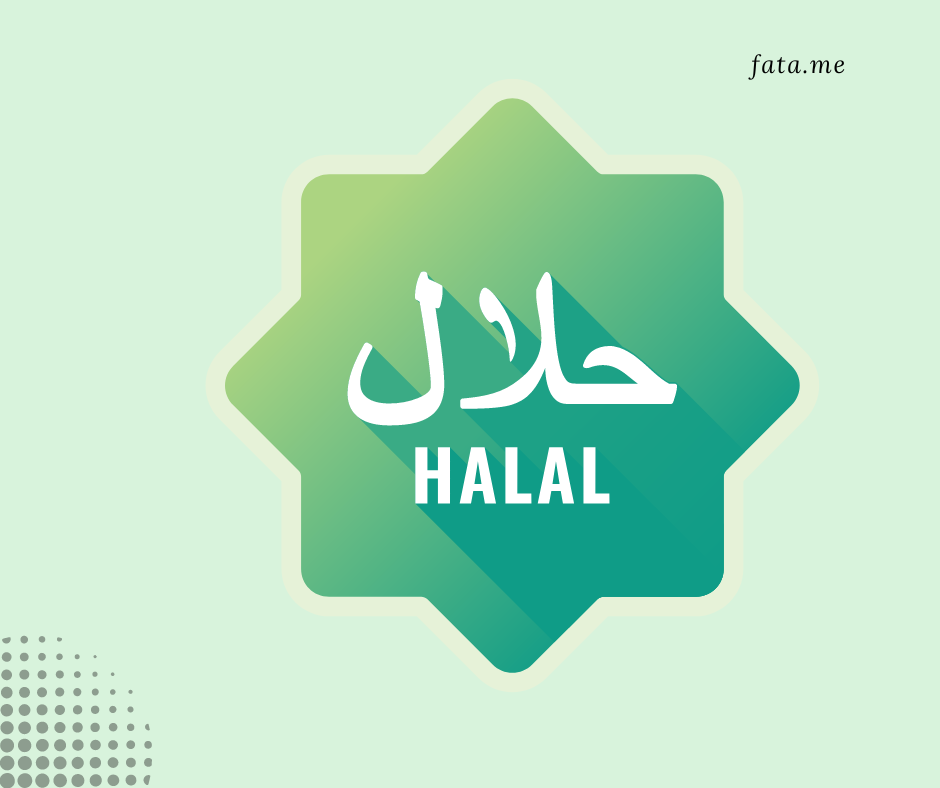In today’s rapidly evolving financial landscape, the pursuit of wealth can sometimes clash with deeply held religious beliefs. For Muslim families in Saudi Arabia, ensuring that their financial endeavors align with Islamic principles is paramount. This concern gives rise to the concept of Halal investments, which adhere to Shariah law and offer avenues for growth while maintaining ethical integrity.
Understanding Halal investments can be both empowering and rewarding for Muslim families seeking financial prosperity within the boundaries of their faith.
In this guide, we’ll delve into the principles behind Halal investments and explore various options available for those looking to grow their wealth in a manner consistent with Islamic teachings.
What makes an investment Halal?
At the core of Halal investing lies the adherence to Shariah principles, which prohibit involvement in industries such as alcohol, gambling, tobacco, and interest-based transactions (Riba). Investments must avoid businesses that also engage in unethical practices or produce goods deemed harmful to society.
Types of Halal investments
- Islamic banking: shariah-compliant banks operate under the principles of Islamic finance. They offer services like Islamic savings accounts, home financing (Murabaha), and investment accounts. These institutions ensure that transactions are interest-free and adhere to Islamic principles of fairness and risk-sharing.
- Equity investments: investing in shares of companies that comply with Shariah guidelines can be a lucrative option for Muslim families. Screening criteria are applied to ensure that businesses operate ethically and derive income from permissible sources. This approach allows investors to participate in the growth of halal industries while avoiding those deemed non-compliant.
- Real estate: shariah-compliant real estate investments involve transactions structured to avoid interest and speculation. Options include direct property ownership, real estate investment trusts (REITs), and property development partnerships.
- Sukuk (Islamic Bonds): sukuk represents ownership in tangible assets or services, providing investors with a share in profits generated by these assets. Unlike conventional bonds, Sukuk does not involve interest payments.
Navigating the terrain
For Muslim families venturing into the realm of Halal investments, thorough research and due diligence are essential. Consulting with Islamic finance experts can provide invaluable guidance on the compatibility of investment options with Shariah principles. Additionally, leveraging reputable Halal investment platforms and funds can simplify the process of building a diversified and ethically sound investment portfolio.
Conclusion
In a world where financial decisions carry profound implications, embracing Halal investments empowers Muslim families to pursue wealth while upholding their religious values. By adhering to Shariah principles and selecting investments that align with ethical and moral standards, individuals can embark on a journey toward financial prosperity that is not only lucrative but also spiritually enriching.
As Muslim families in Saudi Arabia navigate the complexities of modern finance, the principles of Halal investing serve as a beacon of guidance, offering a pathway to financial success grounded in faith and integrity.
Source:
https://www.aljazeera.com/news/2024/3/28/what-is-islamic-and-halal-investment-is-it-on-the-rise

